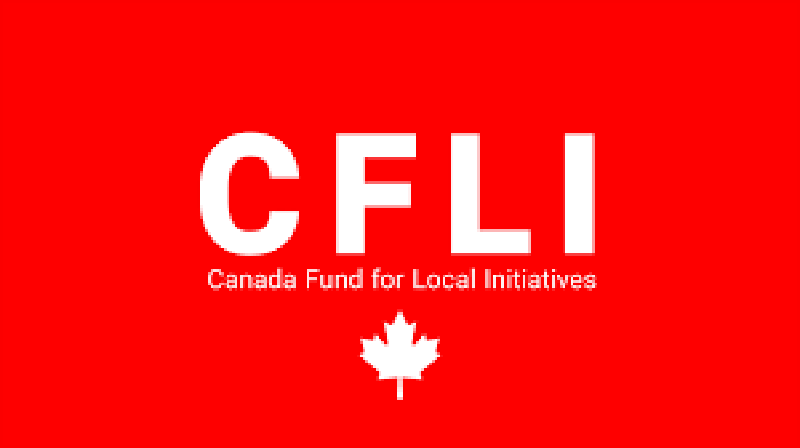Preservation of traditional Indigenous knowledge was given a boost yesterday when the High Commission of Canada announced a new project partnership with the North Rupununi District Development Board (NRDDB).
Through the Canada Fund for Local Initiatives (CFLI), the High Commission will support a community project preserving Indigenous knowledge through Indigenous women leaders’ empowerment within their communities.
According to a press release from the Canadian High Commission, this project has particular significance since it contributes to the global effort of preserving indigenous languages as many are not taught in schools nor spoken more publicly and are considered endangered. Current data indicates that at least 40% of the 7,000 Indigenous languages are at some level of endangerment.
Through the project, the NRDDB will work with Annai and surrounding communities to identify critical traditional skills and opportunities for knowledge preservation. Women will be asked to create a video library of “stories” by recording their knowledge, in their native languages, for future generations. This library will be available as a resource for climate change adaptation and mitigation and will be distributed to the surrounding villages, as well as stored digitally in the NRDDB archive to address knowledge loss among youth.
The release noted that the two key knowledge areas that the NRDDB will be seeking to record are traditional farming practices and knowledge of plants. The focus will be on identifying traditionally used plants, their nutritional value, medicinal power and value added products that can be extracted from these plants. The manner in which these plants can be cultivated and grown will be recorded. Women and men from the communities will also be asked to share their knowledge pertaining to the traditional modes of survival used for generations by Indigenous peoples during extreme weather such as flooding, droughts or fires which their ancestors were able to navigate. Another aspect of the project is to conduct research among Annai and the surrounding communities to understand and assess the factors limiting women from accessing leadership positions. The findings of the research will be used to create a work plan to change the perception of the role of women in their communities, the release noted.
The NRDDB wants to create a space for women to be equally represented in decision making and will be encouraging community leaders to diversify governance boards to have a greater representation of women within the next three years. Women and youth will also benefit from leadership training and communication to provide them with the knowledge they need to take up roles in their communities and become agents of knowledge transfer. Canada’s High Commissioner, Mark Berman, said that Ottawa is strongly committed to working with Indigenous peoples and is a leading advocate for gender equality and the increasing the role of women in society.
“Canada has been actively working on reconciling with Indigenous nations and we recognise the value of their traditional knowledge and their care for the environment. We also understand the value of ensuring that women are included as equal partners in the development process and we are pleased to work with the NRDDB to empower Indigenous women to be the drivers of Indigenous knowledge transfer,” he stated.
Executive Director of the NRDDB, Ivor Marslow, noted that this project will enhance his organization’s work, including advocacy for the sustainable management of the Rupununi Wetlands and building the skills and capacity of community members.
“We would like to thank the Canadian High Commission for their support through this project. We hope that through this project the capacities of the people of the North Rupununi communities, with specific emphasis on women, will be boosted. It is our desire to see our Indigenous women promoted as leaders and this project will help to encourage them to continue taking their place on that platform,” he said.
The project activities will occur over one year and is the third Indigenous based scheme being supported by the CFLI this year.




